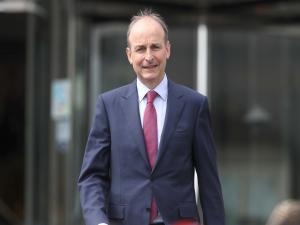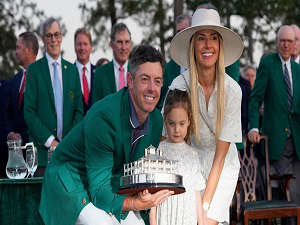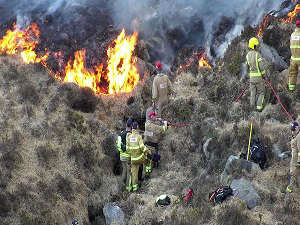
by PA Media
The EU is “very much up for the deal” with the UK, the Irish premier has said.
Micheal Martin was speaking after Prime Minister Boris Johnson warned that, unless there was “fundamental change” in the EU’s approach, the UK would go for the “Australia solution”, Downing Street language for no-deal, in the post-Brexit trade talks.
“That is not my read of the situation,” the Taoiseach said.
“I think Europe is very much up for a deal and I think, judging by Michel Barnier’s presentation to the European Council yesterday afternoon, my assessment would be that within that there clearly is room for a deal and there has been actually progress on quite a number of issues.
“Yes, other chapters need to be closed off, and there are some outstanding key issues such as fisheries, governance and level playing field.
“But from an objective analysis it would seem to me that anybody looking in would say, you know, there is the basis for an agreement.
“Clearly not an agreement at any price.
“That’s why I would say to the UK Government and indeed, I’m speaking as a member state of the European Union, we are quite clearly willing to engage and want to engage and I think the talks will continue next week and they should intensify on both sides, and there will have to be give and take.
“But we all owe it to the citizens that we represent to do everything we possibly can to get a sensible trade deal between the United Kingdom and Europe that would pave the way for a constructive and effective partnership into the future.”
My update on our negotiations with the EU.https://t.co/1yPBFWgxcn
— Boris Johnson (@BorisJohnson) October 16, 2020
The EU signalled on Thursday that it was willing to continue trade negotiations but called on Britain to make the next move.
Mr Martin went on to urge the UK to continue for the “big prize”.
“Britain has an enormous amount to gain through access to the European single market,” he said.
“Historically the UK and Europe have very close relationships.
“Obviously it’s been a member state for quite a long time now and therefore the nature of this type of negotiation is different perhaps to previous negotiations with third countries.
“And I think to be fair to the European side they have taken that into account because essentially Britain has been offered zero-tariff, zero-quota access to the single market and to me a good deal is there to be done if you look at the big picture, in terms of jobs and protection of the economy and access to a huge market.
“That’s a big prize waiting there, in my view, for the UK economy and so I think it would make sense that the talks would continue next week and would be brought to a conclusion in the best interests of everybody.”
Mr Martin also expressed concern on the fisheries issue.
“There has been historic access rights for fishermen across Europe and vice versa for British fishermen to European waters.
“It’s been a common fishery zone for quite a long long time.
“And so to disrupt that in any significant way, I think, would do a lot of injury damage economically to coastal communities, and indeed to fishermen and their families,” he said.
“We have to work with the UK government to find common cause in terms of protection of fish stocks and also protection of the viability of many fishing communities in the member states.
“It is an issue that was felt very strongly last evening, up to eight to 10 countries particularly concerned about this.”
Ireland’s deputy leader, Leo Varadkar said it was in “all our interests” that an agreement be reached.
Speaking on Friday, he said: “Negotiations are going to continue and they should continue.
“I think it’s in all our interests across Europe and in the UK to secure a free trade agreement.
“There’s always going to be a certain amount of posturing in and around negotiations, but I think it’s in all our interests that we secure an agreement.”
The country’s foreign affairs minister said on Thursday that a Brexit deal between the UK and the EU was “in sight” and could be reached by the start of November.
Simon Coveney said he believed an agreement would be made, despite the two sides being “miles apart” on fisheries.


 Commission launches fresh appeal to help find Disappeared victim Seamus Maguire
Commission launches fresh appeal to help find Disappeared victim Seamus Maguire
 The President of Ireland and political leaders hail McIlroy’s thrilling Masters victory
The President of Ireland and political leaders hail McIlroy’s thrilling Masters victory
 Firefighters tackle wildfire near Glenshane Pass
Firefighters tackle wildfire near Glenshane Pass
 Thousands march to derelict Casement Park to demand its redevelopment
Thousands march to derelict Casement Park to demand its redevelopment
 PPS to consider any basis for appeal against Oliver MacCormack sentence
PPS to consider any basis for appeal against Oliver MacCormack sentence